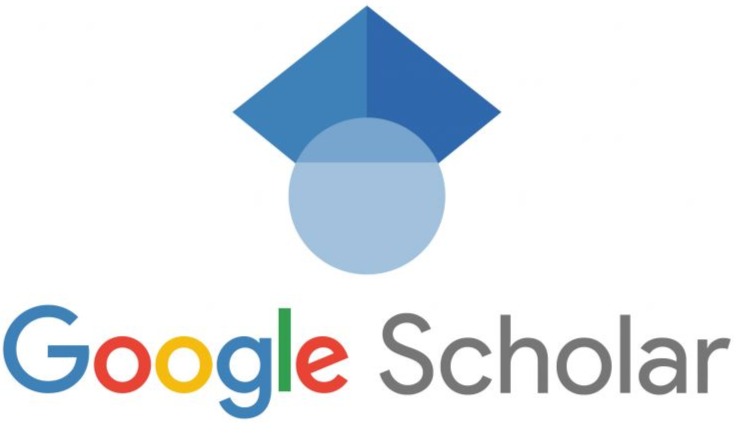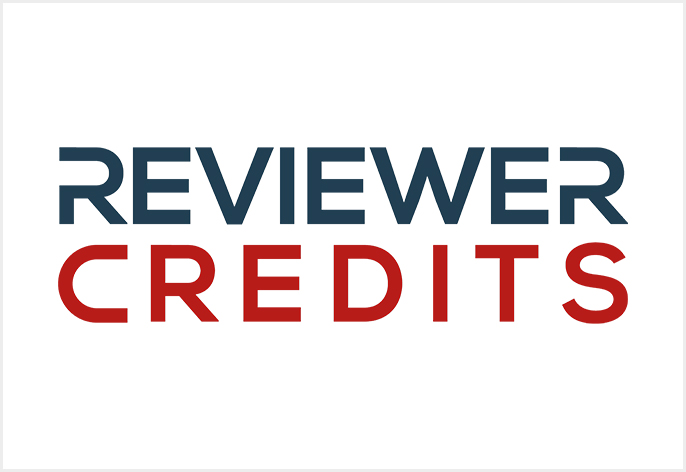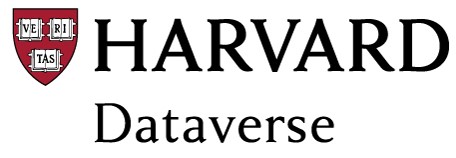Become a Reviewer
We Invite You to Review: A Call for the Collective Construction of Scientific Knowledge
As Editor-in-Chief of Mythos, I write not only on behalf of the journal but also in defense of an ideal: science as a collective, collaborative, and sustainable endeavor. The advancement of knowledge depends not only on published articles but also on a meticulous, rigorous, and deeply human process - peer review.
We recognize that academic life is demanding. Between teaching, research, advising, and institutional responsibilities, finding time to review may seem like an additional challenge, or even a burden. Yet it is important to remember that reviewing is not merely a service: it is an act of leadership, empathy, and responsibility toward the future of our scientific community.
Mythos, committed to the principles of open science, operates without submission or publication fees and offers unrestricted access to all of its content. This model, sustained entirely by the voluntary engagement of the community, is only possible because researchers like you choose to contribute their time, expertise, and care. Every review strengthens not only a single article but also the entire scientific ecosystem—authors, readers, editors, and the very credibility of science.
Reviewing is Building
When you agree to review a manuscript, you are not simply evaluating a text: you are helping to shape the future of a research project, perhaps even a career. As Chimenti and Limongi (2025) emphasize, “reviewing is building.” A high-quality review can transform a promising manuscript into a robust, clear, and impactful contribution. In doing so, you play an essential role in safeguarding the integrity, credibility, and advancement of our field.
But reviewing goes beyond academic civic duty. It is also an opportunity for growth. Through reviewing, you broaden your methodological repertoire, sharpen your analytical skills, improve your own scientific writing, and develop greater sensitivity to the nuances of the editorial process. As Rai (2016) notes, reviewing is a form of continuous learning: “you better understand the ‘other side’ of the process - what works, what does not, and what is expected of a piece of scholarly excellence.”
The Path of Virtuous and Empathetic Reviewing
We know that not all reviews are alike. Some discourage; others inspire. Some tear down; others build. That is why we invite you to adopt what Sridhar (2025) calls the EMPATHY framework - a practical and human-centered guide for constructive reviewing, whose acronym deliberately highlights empathy as a central value.
According to this framework, a good review is:
- End goal in mind: aligned with the scope and mission of the journal;
- Mindset for development: oriented toward the author’s growth, not merely critique;
- Peruse thoroughly: conducted with careful reading and deep understanding;
- Allocate critique wisely: focused on central issues, distinguishing the essential from the secondary;
- Tone: professional, respectful, and free from toxicity;
- Holistic and balanced assessment: weighing strengths and weaknesses fairly;
- Your review as a roadmap: clear, structured, and guiding.
This model does not demand perfection but rather intention. It means writing the kind of review you would wish to receive: one that, even when pointing out limitations, does so with respect, clarity, and intellectual generosity.
A Call Beyond “Yes” or “No”
The reviewer’s role is not to decide whether an article should be accepted or rejected - that is the editor’s responsibility. Your role is to advise, based on your expertise, helping to improve the quality of the work. As Rai (2016) stresses, “reviewers act as consultants and advisors, but they do not make the decision.” Your most valuable contribution lies in offering an informed, constructive, and potential-oriented assessment of the manuscript.
Moreover, reviewing is a form of academic citizenship. When you review, you fulfill a reciprocal obligation: after all, all of us, as authors, depend on the work of others. Declining to review is akin to wanting to harvest the fruits of science without contributing to its cultivation.
Why Review for Mythos?
Because here we believe that high-quality science is built by people committed to people. Because we value dialogue, diversity of perspectives, and rigor with empathy. Because every review strengthens not just a manuscript but the entire community that views knowledge production as a public good.
For these reasons, we invite you (researcher, professor, doctoral student, specialist) to join us as a reviewer for Mythos. Your voice, your expertise, and your careful attention are essential for us to continue publishing relevant, innovative, and transformative research.
Reviewing is not merely collaboration. It is leadership. It is construction. It is science with purpose.
Accept this invitation. Be part of this movement.
To become a reviewer, register [HERE].
Sincerely,
Rodrigo Franklin Frogeri
Editor-in-Chief
Mythos journal
ISSN: 1984-0098 | e-ISSN: 3086-0210
revistamythos@unis.edu.br
https://www.periodicos.unis.edu.br/mythos/
References
Chimenti, P., & Limongi, R. (2025). Reviewing is Building: The Sustainability of Science and the Role of Reviewers. Journal of Contemporary Administration, 29(1), 1–16. https://doi.org/10.1590/1982-7849rac2025250305.por
Rai, A. (2016). Writing a Virtuous Review. MIS Quarterly, 40(3), iii–X.
Sridhar, S. (2025). Constructive Peer Review Made Practical: A Guide to the EMPATHY Framework. Journal of Marketing, 89(3), 1–12. https://doi.org/10.1177/00222429241312127
























